Addiction Therapy
Addiction is a pattern of behavior that we persist in performing, even when there is clear evidence that it’s unhealthy, damaging and/or bad for our well-being.
Are you experiencing any of the following?
Cravings to use a substance or engage in an addictive behavior
Using a substance or engaging in a behavior more than you intended to
Using to mask feelings or manage anxiety, depression, or past trauma
Loved ones expressing concern and frustration over your use or behavior
Restlessness or irritability when trying to stop
Neglecting other parts of your life (work, home, school, relationships) because of your addiction
Continuing to use, even though it is negatively impacting your relationships
Using substances or actively partaking in behaviors that may put you in danger
Spending a lot of your time on the addictive behavior or thinking about it
Needing more and more of a substance in order to get the same effects
Experiencing withdrawal symptoms
Repeated unsuccessful attempts to stop, control, or reduce
You may be wondering, when did taking the edge off cross the line into addiction? It’s only a few glasses of wine, why is that problematic? I can stop at any time, I just don’t want to yet, so what’s the big deal? You may relate to the feeling of being “stuck” with repetitive, irrational, and high-risk habits. You may find yourself engaging in such actions over and above other priorities (financial, medical, marital, occupational, and social), impulsively acting out such habits to your own detriment or causing harm to others.
Why is stopping the behavior so difficult? Addiction alters how dopamine and other neurotransmitters that are linked to the reward system are controlled in the brain. Addiction is powerful and devastating. At times, you may think that you are managing your addiction successfully on your own even though your addiction is managing you. Addiction is a chronic disease that alters your brain’s reward centers. It’s behavior that we feel strongly drawn to engage in, despite its negative and destructive consequences, presumably because it provides some kind of temporary comfort or relief from aversive circumstances or life events. It is a complex issues that can be caused by various factors including genetics, environment, and personal history. To complicate matters, it’s quite common for people to have a dependence to multiple substances at the same time and also exhibit symptoms of multiple mental disorders.
Addiction counseling can you help you address any or all of the following symptoms:
Compulsively engaging in your drug or activity of choice or being unable to stop it
Loss of energy or motivation
Neglecting your appearance or lacking in basic self-care
Problems at work or school (including lateness or absenteeism, poor performance, social dysfunction)
Lying about consumption habits
Getting defensive when family members or friends ask about your consumption
Stealing or committing wrongdoing to engage with your addictive behavior
Spending excessive amounts of money on your addiction
Performing risky behaviors while under the influence
Obsessing or worrying about the next time you can engage in your addiction
Experiencing withdrawal symptoms when you do not continuously engage in your activity of choice
Developing tolerance (In other words, you feel the need to engage in the behavior even more to feel the original euphoria you once felt)
In addiction treatment you will learn three important things: how to recognize, avoid, and cope. It is important to identify and accept that you are struggling. If you have gotten to this point of reading, then it is likely that you have already accepted that your substance use, shopping, gambling, or sex habits are bordering on unhealthy and dysfunctional. Once you have accepted that a change needs to be made, we work on trigger points and how to recognize events or situations that lead us to addictive behavior. Whenever possible or appropriate you will work on being intentional about the people, places, and things you surround yourself with in order to facilitate recovery and avoid triggers. Lastly, we identify new habits and practical ways to manage thoughts and feelings leading to addictive behavior.
Alternatively, you may be someone who needs accountability and remission maintenance from your past substance abuse or addiction.
What you can expect with me:
As a licensed clinical addictions specialist I have spent many years working with all kinds of addictions and substance use disorders. If you are using substances and you are in need of withdrawal that may cause illness or death (such as alcohol or benzodiazepines), then it is likely I will require you seek medical treatment first. Many recovering people have a history of trauma, so we will integrate treatment of those issues to identify its impact on your addiction. I operate from a harm reduction model which is a set of practical strategies aimed at reducing negative consequences associated with the addiction or substance use disorder. I may even suggest conducting couples, family or group sessions to get to the root cause of your addiction instead of simply healing some symptoms. Older approaches to addiction treatment used confrontation, condemnation, and tough love as interventions. It’s important to me that you know there will be absolutely no shaming or judgment in our sessions.
Common Themes in Addiction Therapy
Substance Use Disorders
Gambling Addiction
Sex (Chemsex) or Porn Addiction
Shopping Addiction
Other behavioral Addictions
This is a practice that is intentional about providing and maintaining a safe and culturally competent space for BIPOC individuals; we are LGBTQIA+ allied, and trans affirming.


